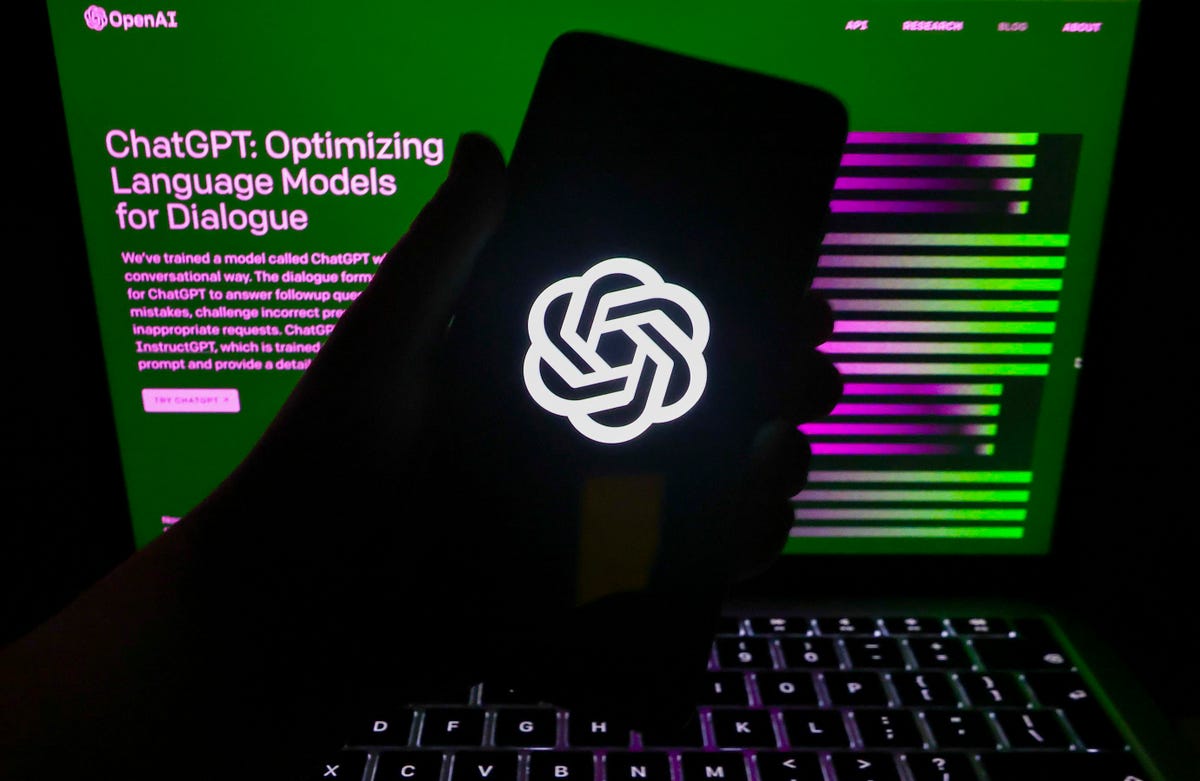The highly anticipated release of GPT-4, the latest iteration of OpenAI’s groundbreaking language model, has sent ripples of excitement throughout the banking and fintech industry. As ChatGPT’s capabilities expand, the traditional roles of personal finance management and financial advisors may soon become obsolete, paving the way for a new era of customized and intelligent financial solutions.
The latest release of GTP-4 shows how quick ChatGPT is evolving. Industry giants like Microsoft
MSFT
Consumer Expectations: The New Normal
Big tech players like Amazon
AMZN
The Demise of Basic Personal and Business Finance Management Apps
While unavailable in this iteration, there is no reason to believe that ChatGPT and open banking cannot go hand in hand to provide hyper-personalization. In particular, the potential to process and analyze personal financial data securely and in real-time, thanks to open banking, can render traditional personal finance management (PFM) and business finance management (BFM) apps obsolete. ChatGPT could individually outperform every savings or PFM / BPM app on the market by offering highly personalized recommendations for cost-cutting or optimal utilization of reserve cash. Organizations that harness ChatGPT in their financial management experiences would gain an immediate competitive advantage.
Financial Advisors: A Role in Jeopardy
As we move beyond GPT-4 , the prospect of it supplanting human financial advisors grows increasingly likely. While it currently cannot offer financial or tax advice, envisioning a future where AI-driven technology revolutionizes traditional financial advisors’ role is not necessarily far-fetched.
For instance, AI-powered robo-advisors may become even more sophisticated, offering personalized, data-driven investment recommendations based on a user’s financial goals, risk tolerance, and time horizon. Imagine the following scenario:
- A user uploads their monthly bank statement or provides real-time access via open banking.
- They tell ChatGPT in a simple way (think no endless forms and fields to fill out) their retirement, savings and family goals for their finances.
- ChatGPTs provide a robo-advisory like service. Delivered in real time, driven by real-time, personalized data, and in a way that feels almost like a human.
The rise of AI like GPT-4 highlights the power of big data and its potential to transform the banking industry. Alessandro Hatami, founder of Pacemakers.io and Author, suggests that “the key to GPT’s impact on banking lies in mass hyper-personalization and a new level of service typically reserved for high-net-worth individuals. Combining GPT technology with next-gen core banking, BaaS, and open banking could provide everyday consumers with virtual relationship managers akin to those that millionaires and billionaires rely on.”
The GPT-ification of Banking
As the dawn of the GPT era looms, retail banks, business banks, private banks, and fintechs are presented with a once in a generation opportunity. The hyper-personalization inherent in ChatGPTs capabilities holds the potential to transform the financial services landscape radically, setting a new standard for customer experience and engagement. It could also help millions better manage their financial lives.
The question remains whether the banking industry will adapt swiftly enough to harness the full potential of GPT-4 and beyond or if it will be left behind in the AI revolution. For those who seize the moment and incorporate AI-driven hyper-personalization, the rewards are vast, paving the way for a new era for hypepersonlization of financial management and allowing innovative organizations to create and monetize next-generation, data-driven products, and services.
Read the full article here










